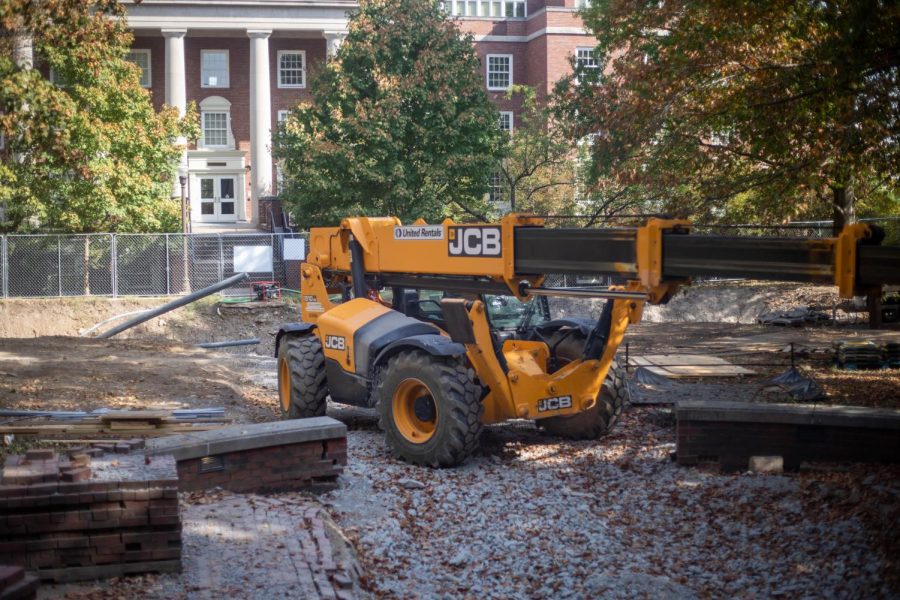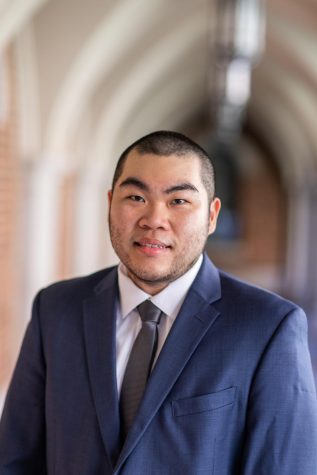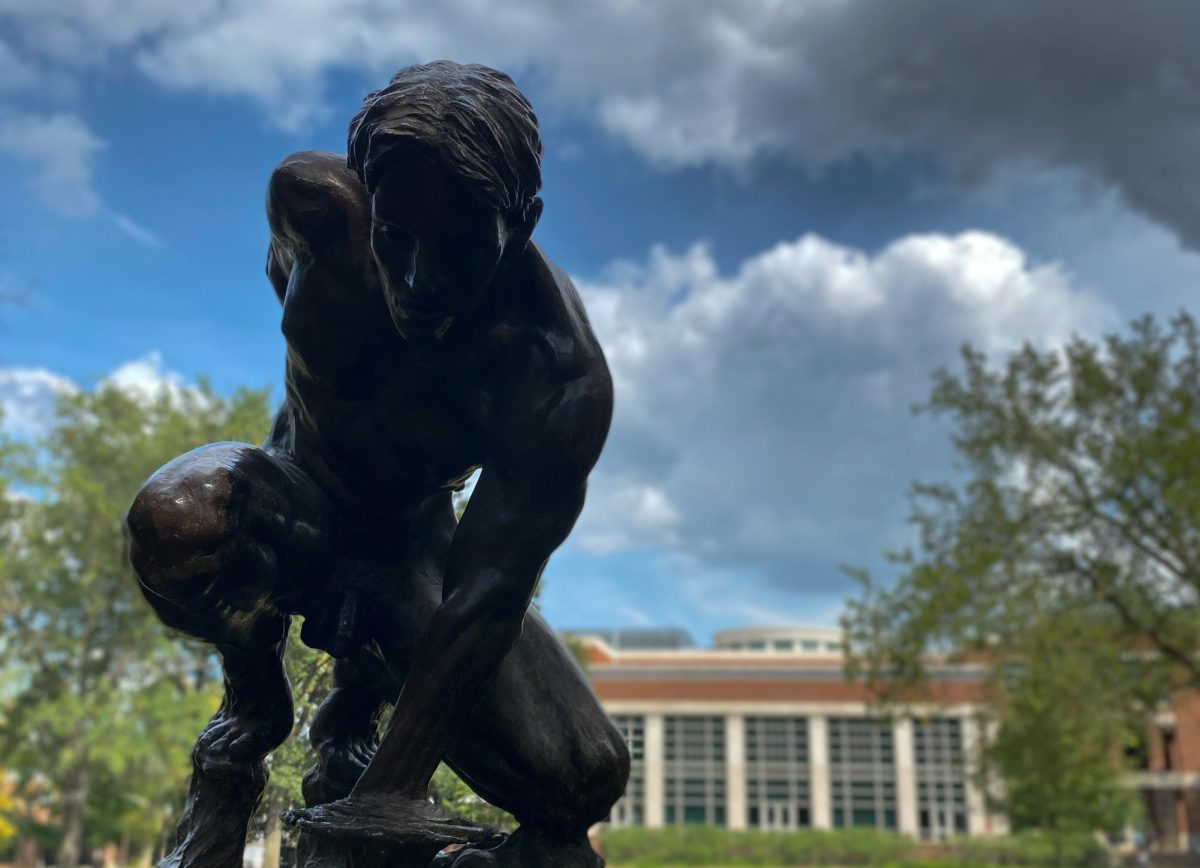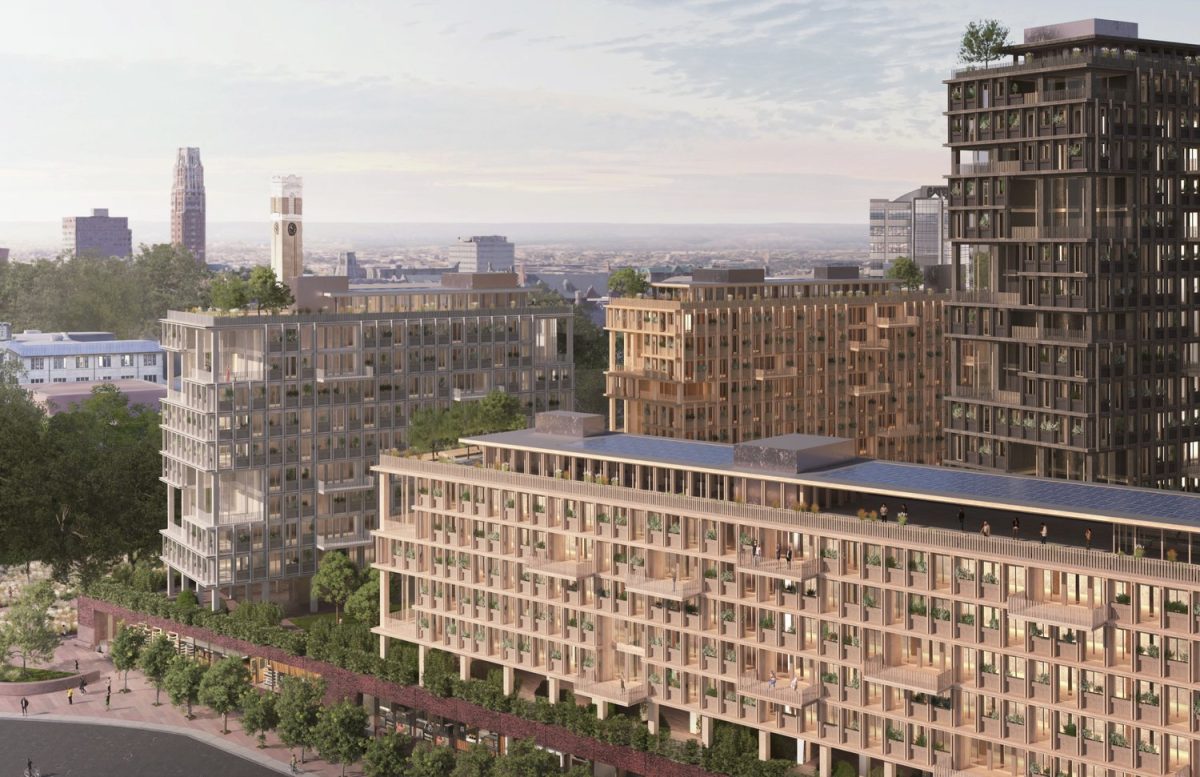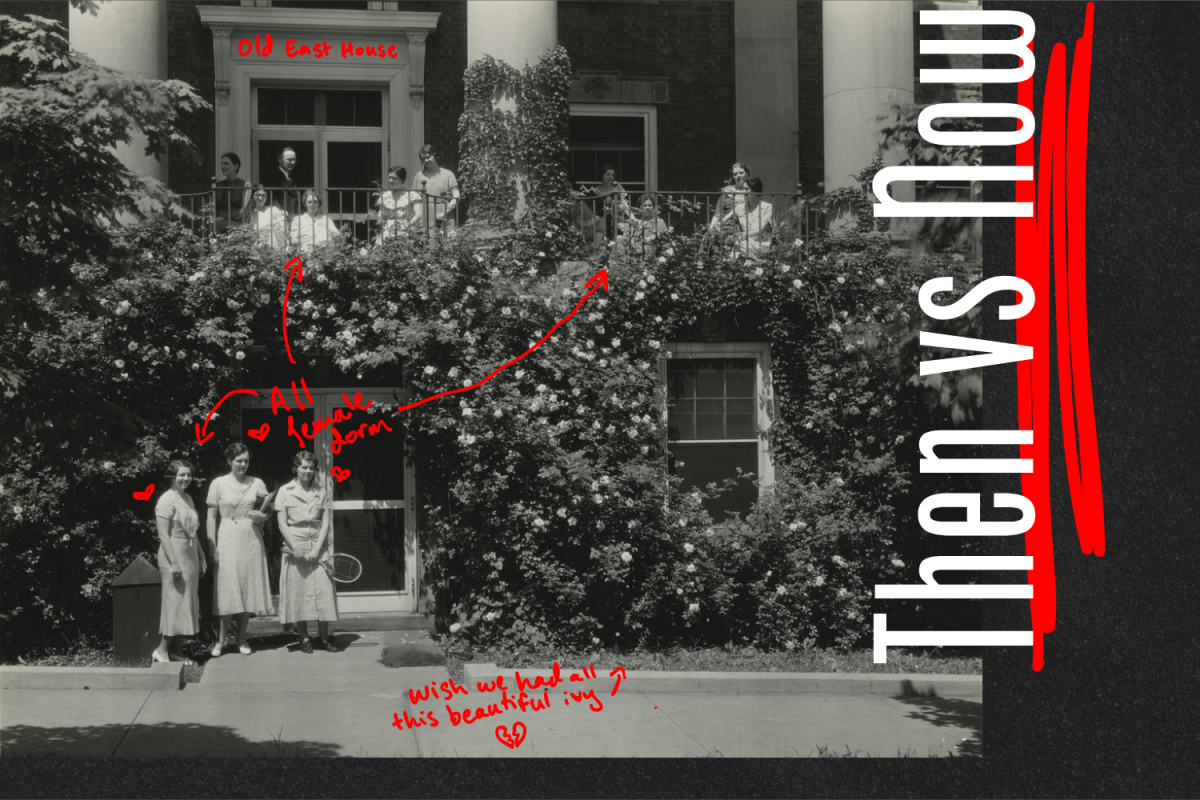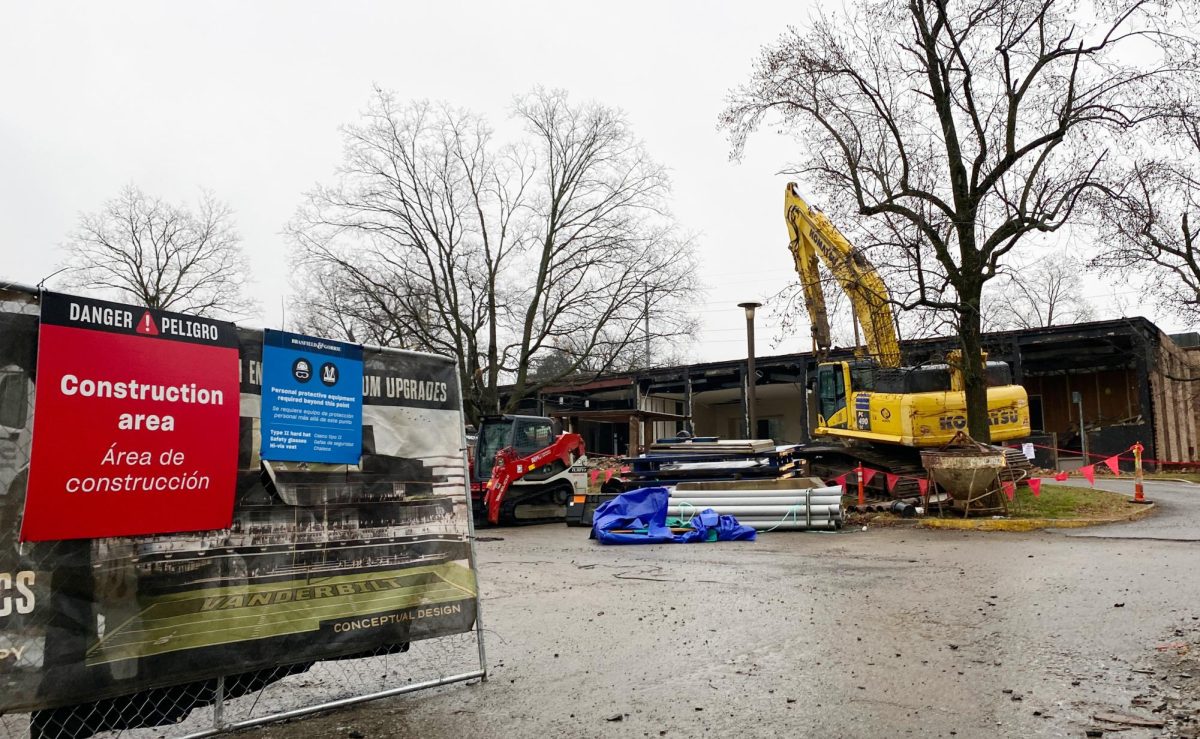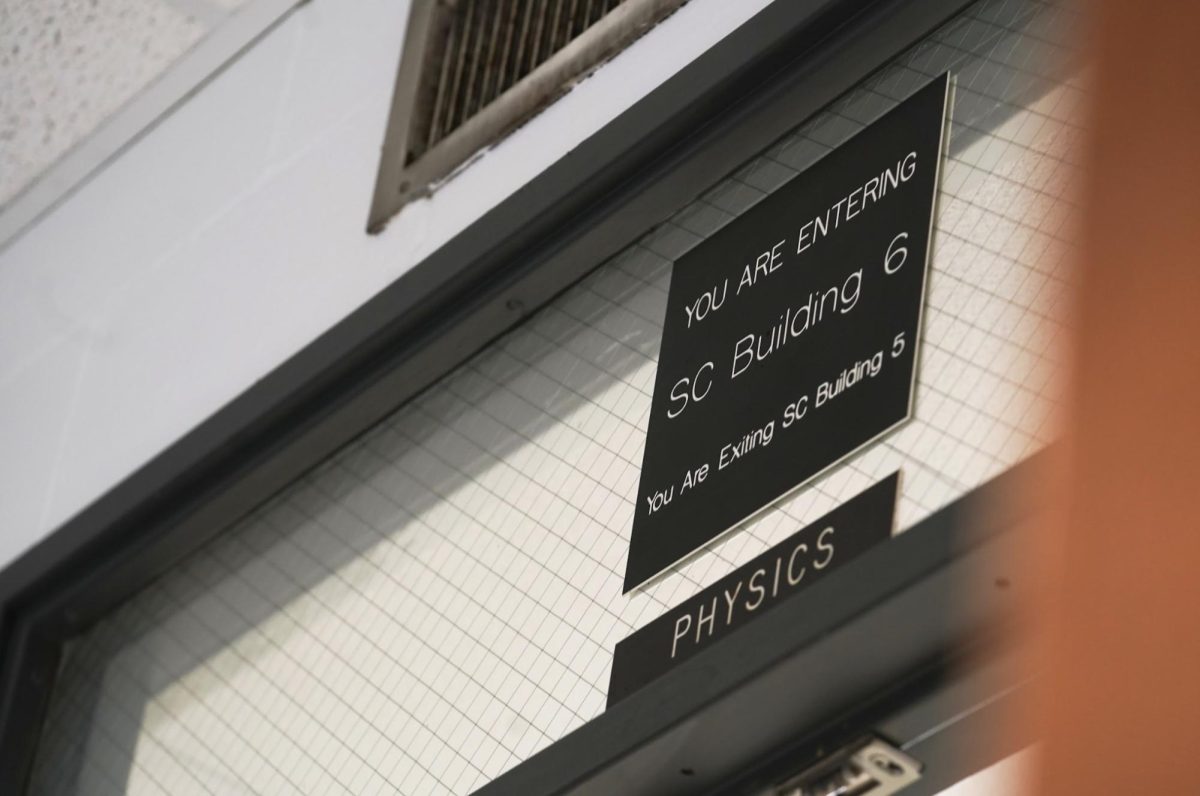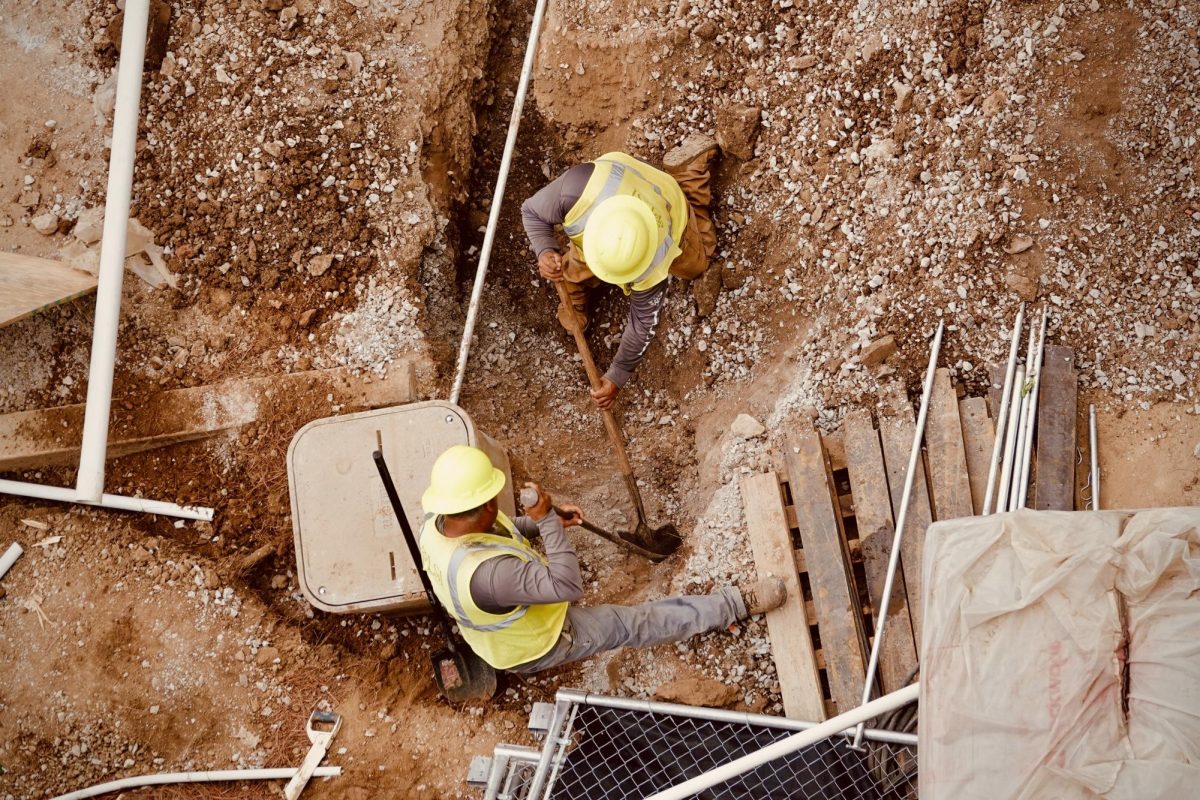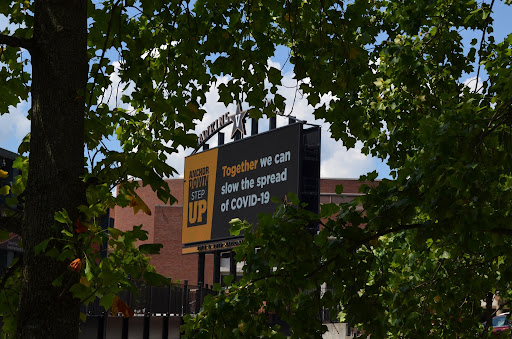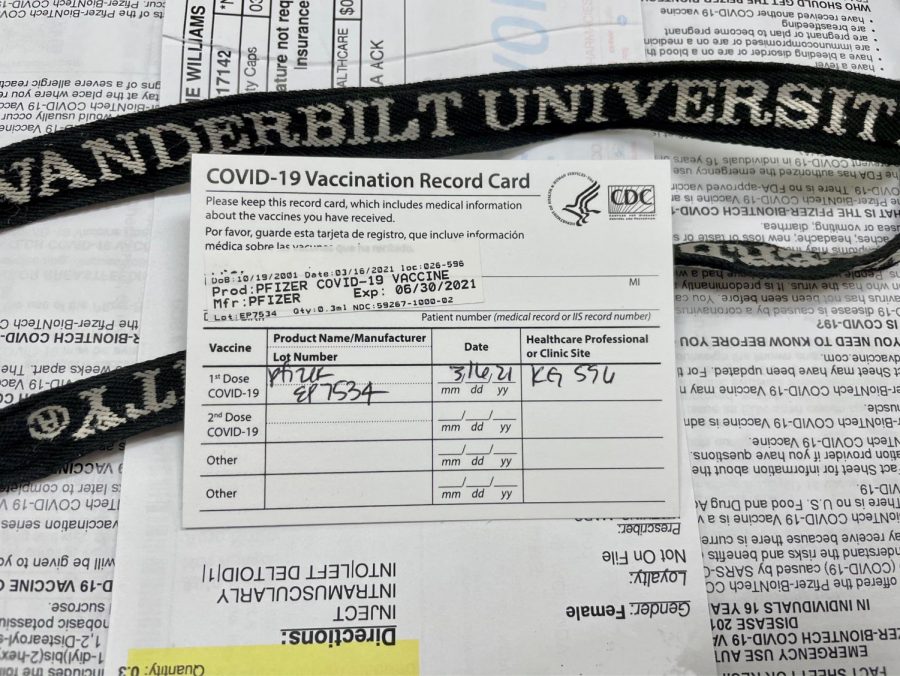Upcoming updates to Vanderbilt’s campus include several residential colleges, increasing access between Commons and main campus, renovations to Owen Graduate School of Management and other campus buildings, and a graduate student village. Additionally, students currently in Towers I and II will not have “squatting” rights to Nicholas S. Zeppos College, according to Dean of Students Mark Bandas.
Interim Chancellor Susan Wente and Vice Chancellor for Administration Eric Kopstain hosted a town hall in Student Life Center Board of Trust Room Nov. 12 to discuss ongoing and planned capital projects around campus as part of FutureVU. The goal of FutureVU is to improve the accessibility and sustainability of campus infrastructure while preserving its historic core, they said.
Wente and Kopstain detailed plans for a 600-bed graduate and professional student village featuring a grocery store, coffee shop, public courtyard and private study space.
“We asked graduate students what they wanted most in a graduate and professional student village, and the two most common responses were a grocery store and coffee,” Wente said.
Wente also mentioned how these stores could provide new retail options to undergraduate students as well. The village has a target opening date of July 2022 and will be located on Broadway between Lyle and 20th avenues, according to Vanderbilt.
The results of a capital improvement study proposed various projects to upgrade the facilities and appearances of Garland Hall, Furman Hall, Calhoun Hall, Buttrick Hall, Neely Auditorium, Vaughn Home, Benson and the Old Central office space.
Capital improvement proposals plan to transform the “21st Avenue Corridor,” or the area connecting the Peabody and Central neighborhoods. This project aims to give students and faculty better access between Peabody and Main Campus as well as increase connectivity to the surrounding area.
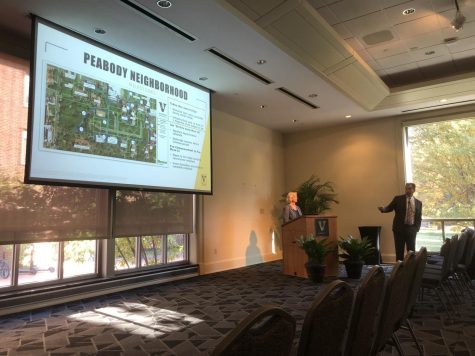
Interim Chancellor Susan Wente and Vice Chancellor for Administration Eric Kopstain present on FutureVU updates at a town hall Nov. 12 in the SLC Board of Trust Room
Renovations to the Owen Graduate School of Management, which is located along 21st Ave, are expected to begin in Spring 2021 and will include additional upgraded classrooms and large multi-use spaces.
Wente and Kopstain also addressed the ongoing construction on Peabody campus as part of what is known as “Peabody Phase I.”
“Phase I is the first phase of a multi-building master plan to restore and enhance the Peabody campus,” Wente said.
One aspect of construction on Commons, which consists of connecting the Mayborn and Home Economics buildings to create a complex for the Department of Human and Organizational Development, will be completed before commencement. Memorial lawn work is set to conclude during winter break while infrastructure work in front of 1 Magnolia Circle will begin in January. Appleton renovations will be completed between January through early May and the Esplanade will also reopen before Commencement in the same timeframe.
The final major project discussed additions to the West End neighborhood. Wente mentioned plans to introduce more space for student-led events and the active expansion of the residential college system. The recently named Nicholas S. Zeppos College is set to open in Fall of 2020, while Residential Colleges B and C are slated for Fall 2022 and 2023 openings respectively. The construction of the new residential colleges coincides with the demolition of the Carmichael Towers.
“The demolition of Carmichael Tower 4 is currently in progress, and will be mechanically deconstructed. Carmichael Towers 1 and 2 are planned to come down next summer, and we are investigating our demolition options,” Chief Facilities Officer Mike Perez said.
Students who are eager to experience what the new residential colleges have to offer will need to wait until their ribbons are cut, Dean of Students Mark Bandas notes.
“Residents of Towers East do not have squatter’s rights in the new Residential Colleges,” Bandas said in an email to The Hustler. “They will have to apply for housing in the new programs.”

